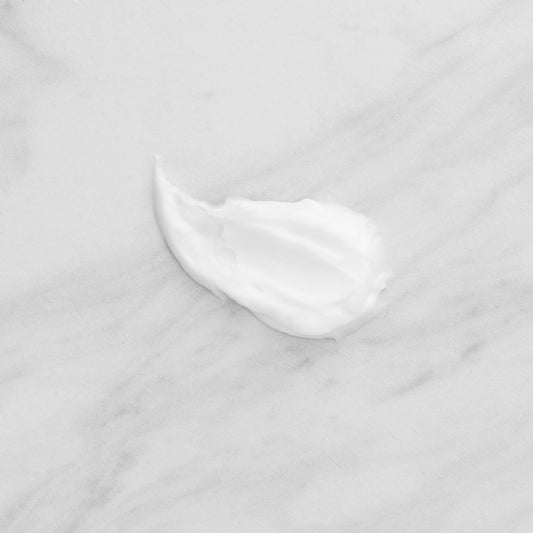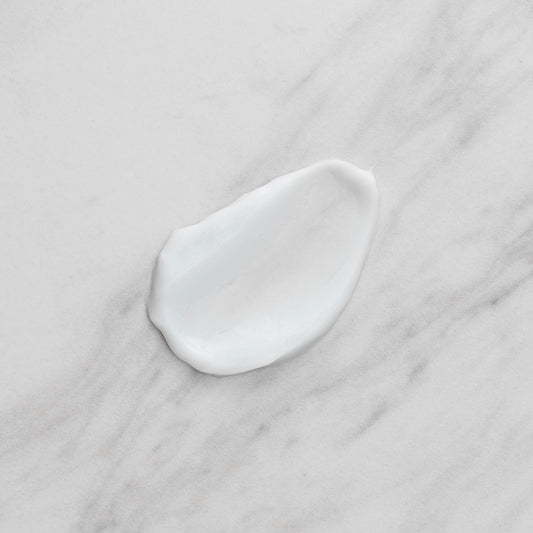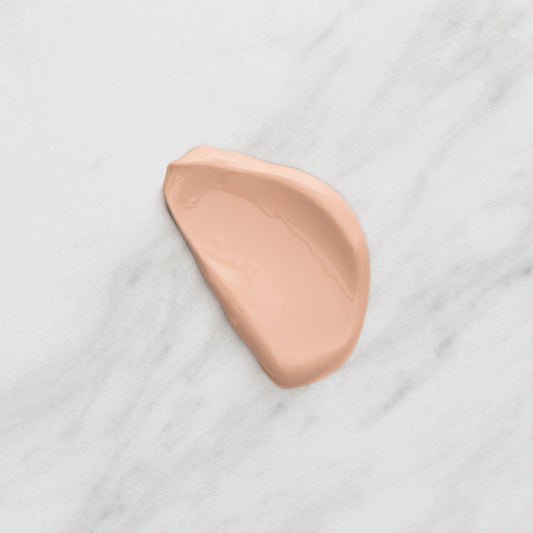
Share
10 Everyday Habits That Can Soothe Sensitive Skin
Sensitive skin requires extra care, but managing it doesn't have to be a daunting task. In fact, adopting simple, everyday habits can significantly reduce irritation, redness, and dryness, helping your skin stay calm and balanced. By making small adjustments to your lifestyle and skincare routine, you can nurture your skin and protect it from common triggers.
Here are 10 daily habits to incorporate into your routine that will soothe sensitive skin, along with the data to back them up.
1. Use Lukewarm Water for Cleansing
Hot water may feel comforting, but it can strip the skin of essential oils, leading to dryness and irritation—two enemies of sensitive skin. Switching to lukewarm water helps maintain your skin’s natural moisture barrier. In fact, the American Academy of Dermatology (AAD) recommends this approach, noting that hot water can damage the outer layer of skin, making it more prone to irritation.
2. Pat Your Skin Dry, Don’t Rub
After cleansing or showering, resist the urge to rub your skin dry with a towel. Vigorous rubbing can cause micro-tears in the skin, leading to irritation and redness. Instead, gently pat your skin dry to avoid unnecessary friction. A study published in the Journal of Cosmetic Dermatology found that patting the skin dry rather than rubbing can reduce irritation by up to 35%, especially in individuals with sensitive or compromised skin barriers.
3. Choose Fragrance-Free Products
Fragrances are one of the most common irritants for sensitive skin, even if they smell lovely. Opting for fragrance-free skincare and household products can significantly reduce the likelihood of reactions. The Environmental Working Group (EWG) notes that 1 in 5 people experience irritation or allergic reactions due to fragranced products. For sensitive skin, eliminating fragrances can prevent unnecessary flare-ups.
4. Moisturize Immediately After Cleansing
Moisturizing right after you cleanse—while your skin is still slightly damp—helps lock in moisture and prevent dryness. This habit is crucial for sensitive skin, which can lose moisture more quickly than other skin types. Research shows that applying moisturizer within three minutes of cleansing can boost hydration retention by 50%, significantly improving skin barrier function for people with sensitive skin conditions like eczema.
5. Wear Sunscreen Every Day
Daily sunscreen use is a must for all skin types, but it’s especially important for sensitive skin. UV exposure can exacerbate sensitivity, causing redness, irritation, and even long-term damage. Look for mineral-based sunscreens with zinc oxide or titanium dioxide, which tend to be gentler on sensitive skin. In fact, according to the Skin Cancer Foundation, mineral sunscreens are better tolerated by those with sensitive skin, with 90% of dermatologists recommending them for patients prone to irritation or allergic reactions.
6. Stay Hydrated
Hydrated skin is healthy skin, and staying properly hydrated supports your skin's natural barrier function. Drinking enough water helps your skin stay moisturized from within, reducing dryness and sensitivity. A 2015 study published in Clinical, Cosmetic and Investigational Dermatology showed that participants who increased their water intake experienced a 14% improvement in skin hydration, which is crucial for soothing sensitive skin.
7. Wash Your Makeup Brushes Regularly
Dirty makeup brushes can harbor bacteria and old makeup residue, which can irritate sensitive skin or cause breakouts. Make it a habit to wash your brushes at least once a week to avoid applying bacteria to your face. A study by the Journal of Applied Microbiology found that unwashed makeup brushes can carry up to 72,000 bacteria—directly linked to increased skin irritation and breakouts, especially in individuals with sensitive skin.
8. Use a Humidifier During Dry Weather
Dry air, whether from indoor heating in winter or low humidity climates, can sap moisture from your skin and exacerbate sensitivity. Running a humidifier in your home, particularly while you sleep, can help maintain moisture levels in your skin. Research published in the Journal of the American Academy of Dermatology revealed that using a humidifier can improve skin hydration by 30% during winter months, reducing dryness and sensitivity in those with already vulnerable skin.
9. Limit Your Exfoliation
Exfoliation can be beneficial, but for sensitive skin, less is more. Over-exfoliating can damage the skin barrier and lead to redness or irritation. Dermatologists recommend sticking to a gentle exfoliant no more than once a week to avoid disrupting the skin’s natural balance. Studies show that over-exfoliating can cause a 28% increase in transepidermal water loss (TEWL), weakening the skin's barrier and making it more susceptible to irritation.
10. Practice Stress-Relief Techniques
Stress is known to trigger skin flare-ups, especially in individuals with sensitive skin conditions like eczema, psoriasis, or rosacea. Incorporating relaxation techniques, like yoga, meditation, or breathing exercises, can help keep stress in check and prevent stress-induced skin issues. A study conducted by the International Journal of Dermatology found that individuals practicing stress-reduction techniques experienced a 40% improvement in skin conditions related to sensitivity, including eczema and psoriasis flare-ups.
Conclusion: Small Habits, Big Impact
Sensitive skin doesn’t require complicated routines. Instead, it benefits most from simple, everyday habits that protect and nurture it. By making these small adjustments—like using lukewarm water, moisturizing after cleansing, and staying hydrated—you can keep your skin calm, balanced, and irritation-free. Incorporating these practices into your daily routine will help soothe your sensitive skin and keep it looking and feeling its best.




